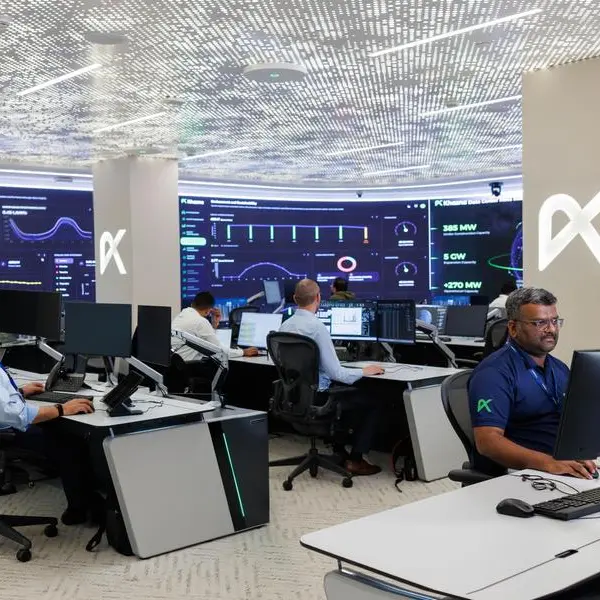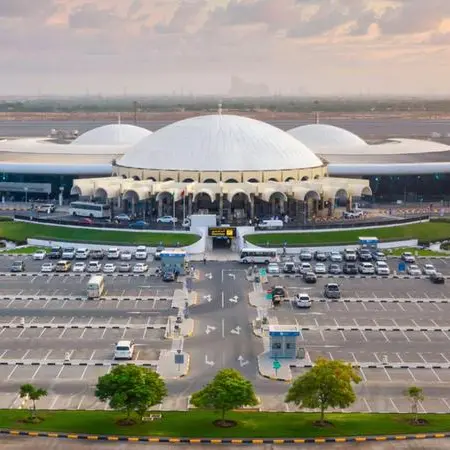Tuesday, Jun 16, 2015
Abu Dhabi: The opening of Saudi market to foreign investors will help Saudi entrepreneurs expand their business and tap into large pool of liquidity, an analyst at Abu Dhabi-based Invest Ad said.
Saudi Arabia, the biggest economy in the Middle East, opened its stock exchange to foreign investors on Monday.
Sachin Mohindra, a portfolio manager at Invest AD, said the latest development will help small businesses to expand their business and seek more investment for growth.
“If you are a small consumer company and want to expand earlier you were dependent only on the regional investors but now you can go out and talk to pension funds in the US and pension funds in the Europe. [The] opening of the market is good for the private sector, especially smaller entrepreneurs,” he said while interacting with media persons in Abu Dhabi on Tuesday.
He said the opening of the Saudi market to foreign investors will not only bring attention to Saudi Arabia but to the rest of the region as well.
“In the past a lot of global emerging market managers never looked at our region as the largest market was closed to them,” he said.
“We will see more fund managers and more research analysts travelling from the US, Europe [and] Asia, researching more and more companies and meeting more managements in the UAE, in Qatar and in Saudi Arabia. That would up the standards,” he said.
“This interaction with institutional investors will hasten the pace of further reforms as far as corporate disclosure is concerned.”
On oil prices and how they are affecting revenues, Mohindra said despite all the diversification achieved in the region, oil still accounts for a huge part of government revenues.
He said government spending is a key part of economic activity in Saudi Arabia and weak oil prices would affect sentiment.
“So far we have not seen government spending pulled back,” he said.
Saudi Arabia has $690 billion (Dh2.53 trillion) of reserves — about 90 per cent of the GDP — and has almost zero public debt.
“If you look at late 1980s when there was a crisis in the oil market, Saudi’s public debt to GDP was almost 100 per cent. They’ve used revenues from oil to reduce their public debt and diversify their economy. They have gone from 100 per cent to 0 per cent. They have lot of financial flexibility to continue government spending.”
Oil prices went down by 50 per cent in the last one year due to record oil production from the US and weak demand from many countries and regions, including China and the Eurozone.
From a peak of $115 in June, oil prices fell to less than $50 in January before recovering later.
The Organisation of the Petroleum Exporting Countries (Opec) ruled out cutting oil output at its meeting in Vienna earlier this month.
By Fareed Rahman Senior Business Reporter
Gulf News 2015. All rights reserved.




















